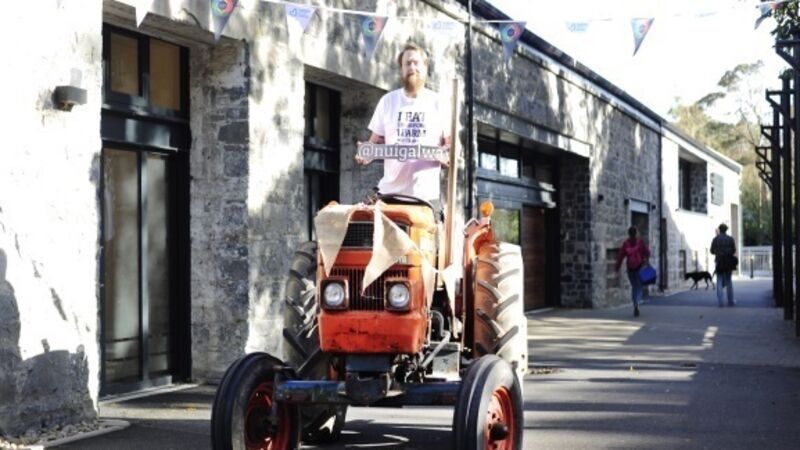At the cutting edge of food production

Michelin-starred chef JP McMahon is talking about food and he hopes everybody will join in the conversation.
Try from €1.50 / week
SUBSCRIBEBy Clodagh Finn
Michelin-starred chef JP McMahon is talking about food and he hopes everybody will join in the conversation.
Already a subscriber? Sign in
You have reached your article limit.
Annual €130 €80
Best value
Monthly €12€6 / month
Introductory offers for new customers. Annual billed once for first year. Renews at €130. Monthly initial discount (first 3 months) billed monthly, then €12 a month. Ts&Cs apply.
Newsletter
Feast on delicious recipes and eat your way across the island with the best reviews from our award-winning food writers.
Newsletter
The best food, health, entertainment and lifestyle content from the Irish Examiner, direct to your inbox.
© Examiner Echo Group Limited